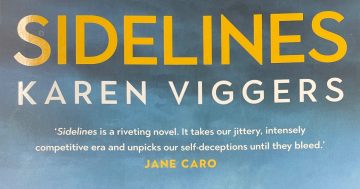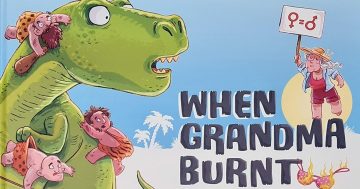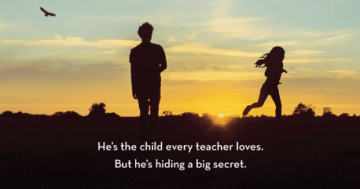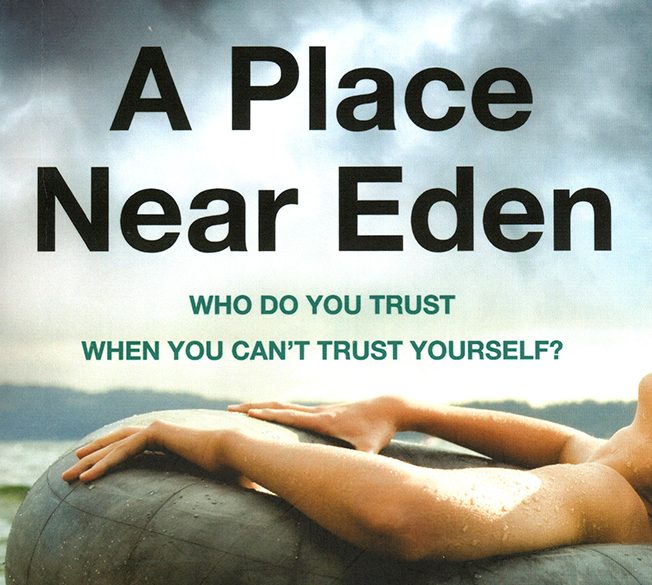
Nell Pierce’s A Place Near Eden is this year’s Vogel winner. Photo: Supplied.
Family themes are the link in this eclectic list of works.
We claim Nell Pierce (A Place Near Eden, Allen & Unwin, Australia, 2022; winner of the Australian Vogel Literary Award 2022) as one of our own, although she no longer lives in Canberra – she has childhood connections and some of this story takes place here.
So deservedly the winner of the Vogel, this is a thrilling psychological mystery in which the reader is constantly doubting the account of events given by our heroine Matilda – not least because she keeps doubting it herself.
It’s the story of a disappearance, but it’s also about the trustworthiness of evidence and memory, the skewing of our perspectives, the ability of some to manipulate our perception and the ways that we love in families.
This is impressive, intelligent writing from an author adept at creating and sustaining tension and doubt. That we never have resolution is perhaps an essential silence in this powerful piece.
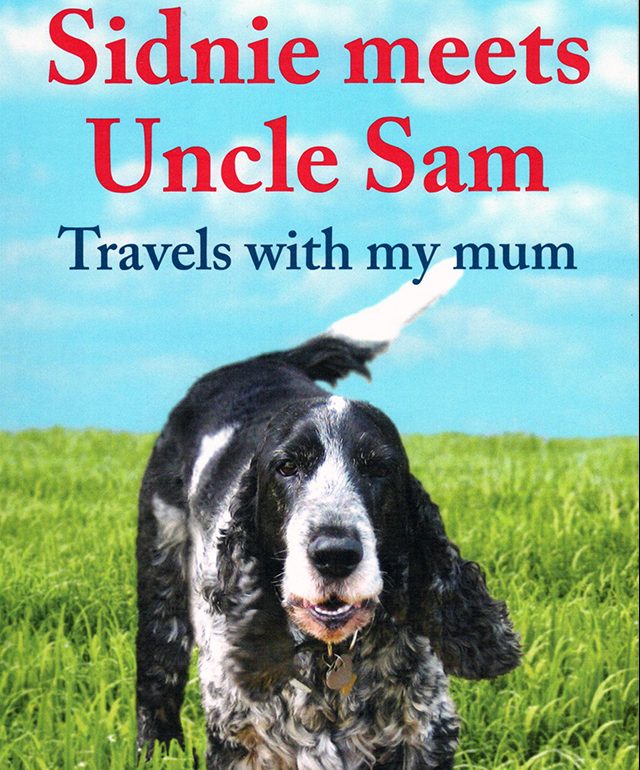
Karen Waldman’s Sidnie Meets Uncle Sam is a charming travel tale. Photo: Supplied.
In Karen Waldman’s Sidnie meets Uncle Sam – Travels with my mum (Broadcast Books), we clearly understand how a dog can be part of one’s family, equally as highly regarded and well-treated as any other member. This book invites us to see the world through the eyes of Karen’s dog Sidnie, particularly contemporary US society. While Karen has lived and worked all over, she has close regional connections with Murrumbateman – so she’s in our fold.
Sidnie is a much-loved cocker spaniel who travels to New Jersey where his human dad has a Christmas tree farm. This really is a love story in several ways, but it’s also a shrewd and clever observation of the vagaries of American society.
The author shows remarkable restraint in her commentary, aided perhaps by having a dog’s eye view of life. There’s humour, wit and compassion here and a salutary lesson for us all in tolerance and finding joy in all things.
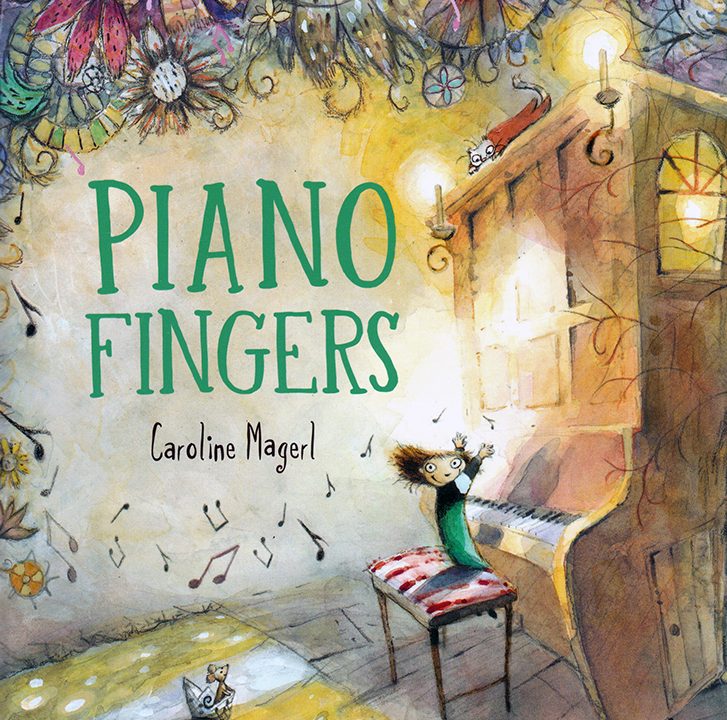
Piano Fingers by Caroline Magerl is a delightful children’s story. Photo: Supplied.
Caroline Magerl’s (words and pictures) Piano Fingers (Walker Books, Australia, 2022) is a book steeped in charm and whimsy both in its text and in the wonderfully evocative paintings. It’s a complex story about finding your place in your own family and the world, and the intrinsic joys of music.
Caroline is living in Queensland now but spent some years here while her daughter studied music, so the connection is too strong to resist.
This is an utterly beguiling work of magical realism. Bea, our child heroine, longs to be seen, to find her own music. She does this in the end with the help of a mysteriously appearing piano that comes with resident mice and a maestro cat. The language is lusciously poetic and rich, a book to be savoured by adults and children alike. I loved it at first glance.
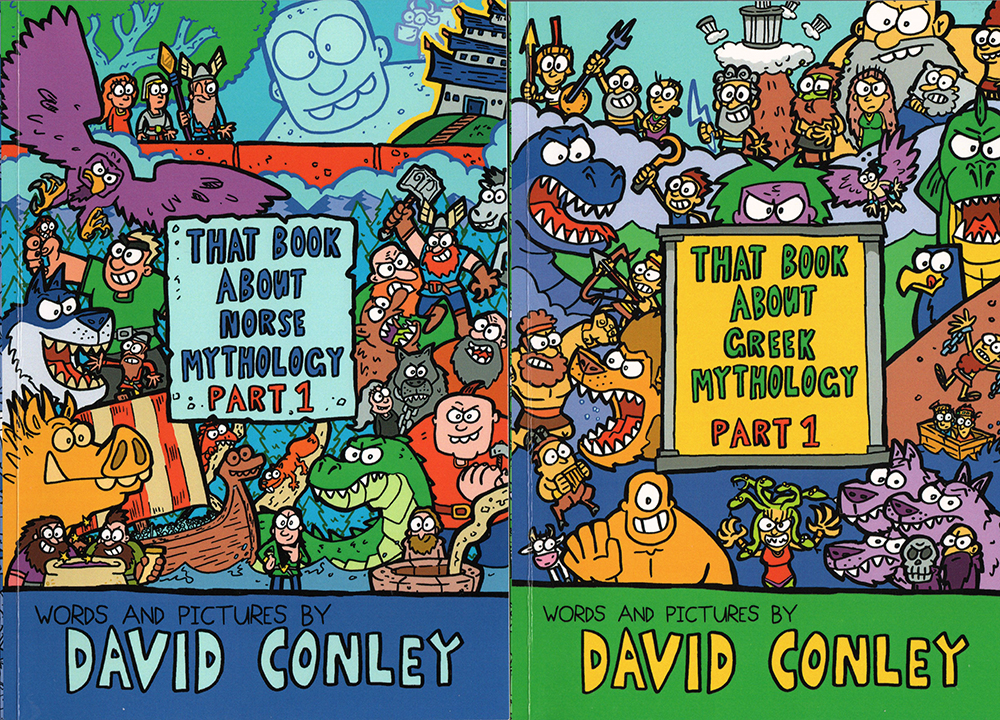
David Conley’s books of mythology are a fun entry point for children. Photo: Supplied.
David Conley, a Canberra school teacher and writer, has undertaken the mammoth task of making sets of epic-length traditional stories and myths comprehensible to young children. That Book About Norse Mythology (Books 1 and 2) and That Book About Greek Mythology (Books 1 and 2), both sets are self-published, retell in simple terms the dramas and conflicts, the jealousies and power struggles of the mortals and immortals and the effects of their hubris, violent acts and ruthlessness on ordinary folk.
With a deft hand, the author deals with pillaging and the like, such a feature of these tales. He’s matter of fact in his storytelling and as ruthless as the gods in what he slices out.
David’s epic effort is supported by solid research and empirical testing in classrooms. His drawing style is deliberately childlike – just the sort of thing to appeal to young ones and especially some of those reluctant male readers we are always hearing about.
The author insists that pictures must hold their own and nothing unnecessary must be allowed to stay in these books. I think he’s on a winning formula.
Barbie Robinson is co-founder and a content creator for Living Arts Canberra, a not-for-profit media outfit supporting arts and community in the Canberra region and books worldwide through its website, podcast interviews and a 24/7 internet radio station.












